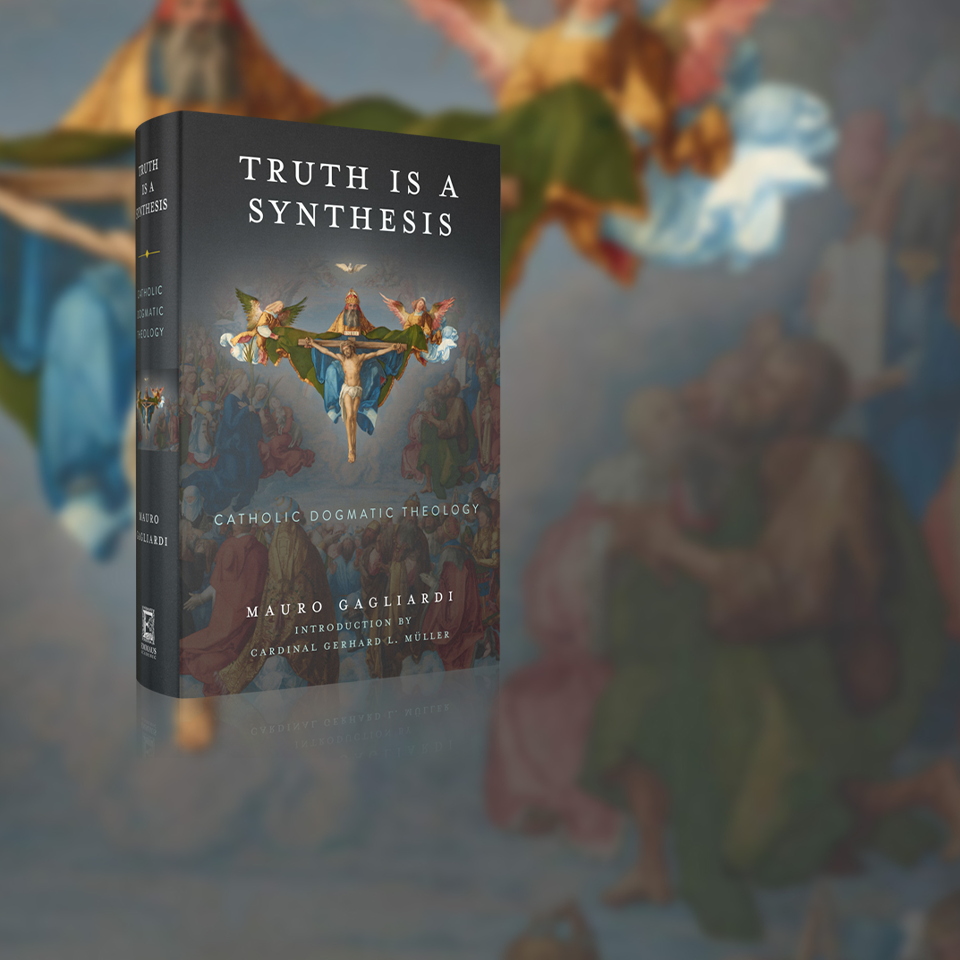In the years following the close of the Second Vatican Council (1962-1965), many theologians were concerned about the abandonment of a robust theological education in the seminaries and schools. While many of the prominent theologians who played a major part in the council complained about the tendency of their own theological education to involve merely repeating the conclusions of St. Thomas Aquinas or another authority without grasping the heart of their thought and its sources, many of them, such as Fr. Yves Congar, were shocked and disappointed to see the near abandonment of studying the theological masters in the schools.
In a revealing interview conducted by Fr. Patrick Granfield in 1967, Congar lamented the status of theological education. Fr. Granfield asked him, “Do you think that St. Thomas should still be studied in seminaries?” Congar replied:
I am distressed when I see young clerics, sometimes even seminary professors, trying to invent a new synthesis from scratch, to meet the needs of modern man, as they say. However, history has shown us that the first serious study of a subject consists in finding out what has been thought and created before us. If you are a musician, your first step is to study Bach and Mozart. So in theology, we must begin by studying St. Augustine and St. Thomas Aquinas. These are the classics. They are not the terminal point but the point of departure and foundation for future work.
Quite right. But today, since many new students of theology are lacking basic catechesis, theological education should start with doctrinal foundations before delving into the study of the theological masters—let alone the nitty-gritty of contemporary theological debates. An overview of the 1992 Catechism would be helpful, but I think a further step is needed—namely, a consideration of doctrinal history and a comparison of Catholic doctrine with the teachings of the Orthodox and Protestants. There are many approaches one could take to help students better understand the body of Catholic doctrine, but a systematic synthesis of the faith would be crucial.
An immensely helpful volume in this regard is the newly published book Truth Is a Synthesis: Catholic Dogmatic Theology by Italian theologian Fr. Mauro Gagliardi.
If I were the pope—what a way to begin a sentence—I would desire that every faithful Catholic read this book. In fact, I’d mandate it in a papal bull. All right—at the very least I would have all catechists and teachers get it. This book supplants the many books I have purchased in the past in the hope of filling in my own educational gaps. While it is a long read—almost a thousand pages—it is worth your time and money. See it as a service to the Church that is, as Fr. Gagliardi rightly notes, currently experiencing an educational crisis. As he stresses throughout the book, we need teachers. This book will help form them.
Make no mistake: Gagliardi’s book is much more than a simple overview of Catholic teaching, but it’s also not a dry manual used by students to pass a dogmatics exam either. Rather, it is a brilliant, thorough work that is a systematic synthesis of Catholic dogmatic theology guided by the simple yet full “synthetic” principle: Jesus Christ. The synthesis et-et (both/and) found in Jesus Christ is the key to the whole that helps make sense of those various parts of Catholic teaching; this is in contrast with the theological errors that stem from what Gagliardi calls an aut-aut (either/or) approach. Inevitably, such approaches miss the fullness given in Jesus Christ.
This book is very much in harmony with Word on Fire’s bold approach as laid out in its 8 principles, particularly in the book’s Christocentrism and affirmative orthodoxy. There is no finger-wagging here but rather a charitable engagement with other faiths and with the culture, with the goal of drawing all into the fullness of communion with Jesus Christ. And neither is it a namby-pamby presentation of the faith. It is bold and charismatic, written in the spirit of St. Paul.
Truth Is a Synthesis is an answer to both my need for a more robust, solid theological education and Yves Congar’s concerns about the status of theological education expressed more than fifty years ago. We should thank Emmaus Academic for such an undertaking, for, like Word on Fire, they are doing an excellent job in responding to the Church’s educational crisis. Their books will help you better know and understand the faith. Hopefully, these books will play a role in shaping the giants of this century. Fr. Gagliardi’s book is one of these. It has already received much recognition and praise from some of the best theologians and hierarchs today, inspiring Cardinal Gerhard L. Müller, former head of the Congregation for the Doctrine of the Faith and a professor of dogmatic theology, to take the time to write a lengthy introduction in which he says that this is just the book the Church needs. So heed the cardinal’s advice and delve into this indispensable work.
